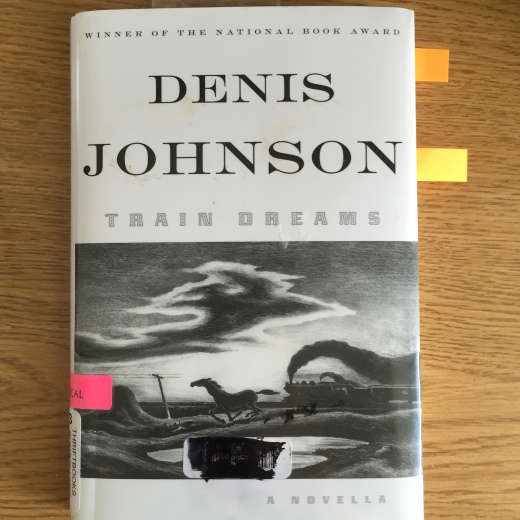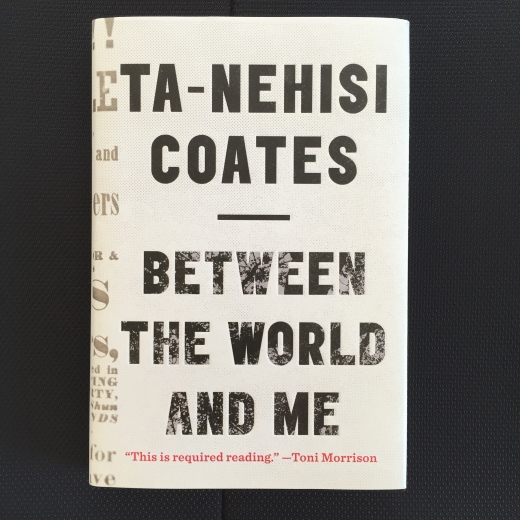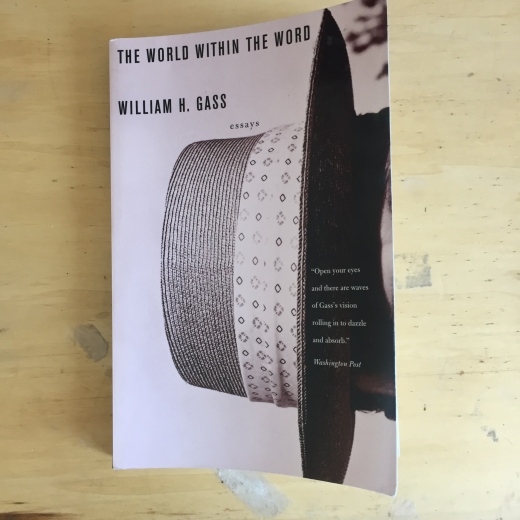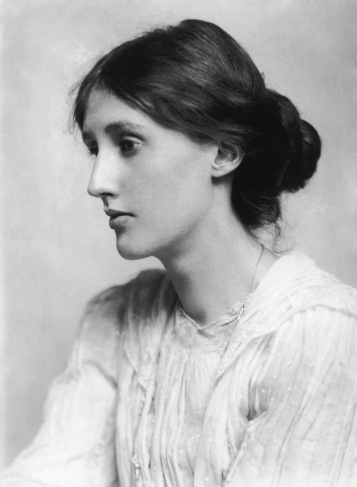Winner of the Ba Jin blog prize for Best 2016 book read in 2017
PROXIES: ESSAYS NEAR KNOWING: {A RECKONING}
Brian Blanchfield
Nightboat 2016
Nothing too thoughtful I can say about this fascinating and modern essay collection. It does a lot of thinking about itself already, whether it’s the many senses of the term proxy, or on the curious subtitle {Permitting Shame, Error, and Guilt, Myself the Single Source}. Blanchfield seems to have gone back to basics. On the surface, these seem like old-school, 18th century essays: short, focused on a single subject (“On this, On that”). There’s only one space break in the whole text. However, the pieces do not use any research; if Blanchfield wants to mention Erich Auerbach or an essay by Berger, he must rely on memory and paraphrase. A 20-page section at the end called “Correction.” (what could the full stop mean?) contains a rolling list of errata.
Each piece starts out innocuously enough, expositional. He gives us the two main meanings of “frottage.” But then the rhythm of thinking takes a dip, and we land in something dark and personal. Some scenes, like a weird physical game between young Brian and his mother, are clearly painful for the author to render. The single-subject format provides an oblique way to account for (reckoning) a life that has been through New York, Boston, Tuscon, and also through Baptist church, academia, the NY gay scene at the tail end of the AIDS crisis. How ontologically multiple an ordinary life can seem.
How about the style? Every so often Blanchfield will build up lovely, sinuous sentences. On being asked why he, a poet, does not write the way he speaks:
Why is poetry pretentious? Is that the question? Certainly to answer “Well, there I was speaking as my representative shepherd” doesn’t help the cause. There are all kinds of ways to answer the question, including to define poetry as yet another art that pulls attention to the medium, language, defamiliarizing it from its usual invisible, directly communicative and expository functions, thereby discovering it afresh, activating and liberating it. But it is in usual, directly communicative and expository language that this explanation is offered, and so seems paltry, and even if one cuts to the chase and says, “You don’t tell a dancer that’s not how you normally move,” the defensiveness concedes the point. What was the point? (25)
The shepherd, evoking the pastorale, the happy place (this is from “On the Locus Amoenus”). In another piece, “On Propositionizing,” he constellates Heidegger, of all people, with Helen Keller’s famous breakthrough. These essays, so modest in tone, are actually flaunting the kind of analysis that is possible without recourse to wikipedia or fact-checking. If anything, our addiction to facticity and accuracy can even block off certain styles of thinking. Is this reactionary? Not at all, just a gentle reminder of the complexity of what we can know, and what we do know. Benjamin and Adorno, working under the failure of the German socialist revolution, were making the same claims. One can’t make do with facts and reason alone. We need to reckon with the irrational, the free-form paths of the mind. There’s a distinction to be made between epistemology and epistemophilia.
(I wonder if it’s a particularly USian thing to want facts, adult education, from all media, including novels and stand-up routines. This isn’t a recent thing either: Melville’s early novels were received like travelogues, and then were disappointing as such.)
Those who would claim that critical theory with its jargon and relativistic nuttiness is responsible for the “post-fact world” (the soft left’s version of the right’s complaints against “cultural Marxism”) are invited to see what an unconstrained thinking mind is capable of in this clever, modest, beautifully written project.



